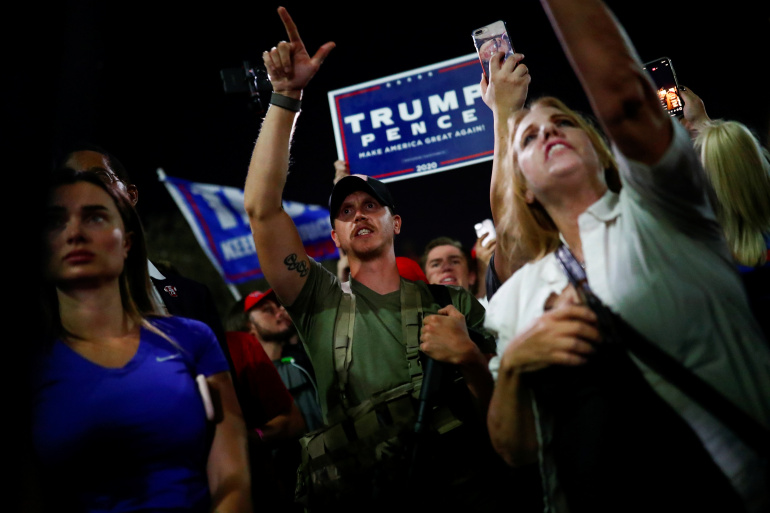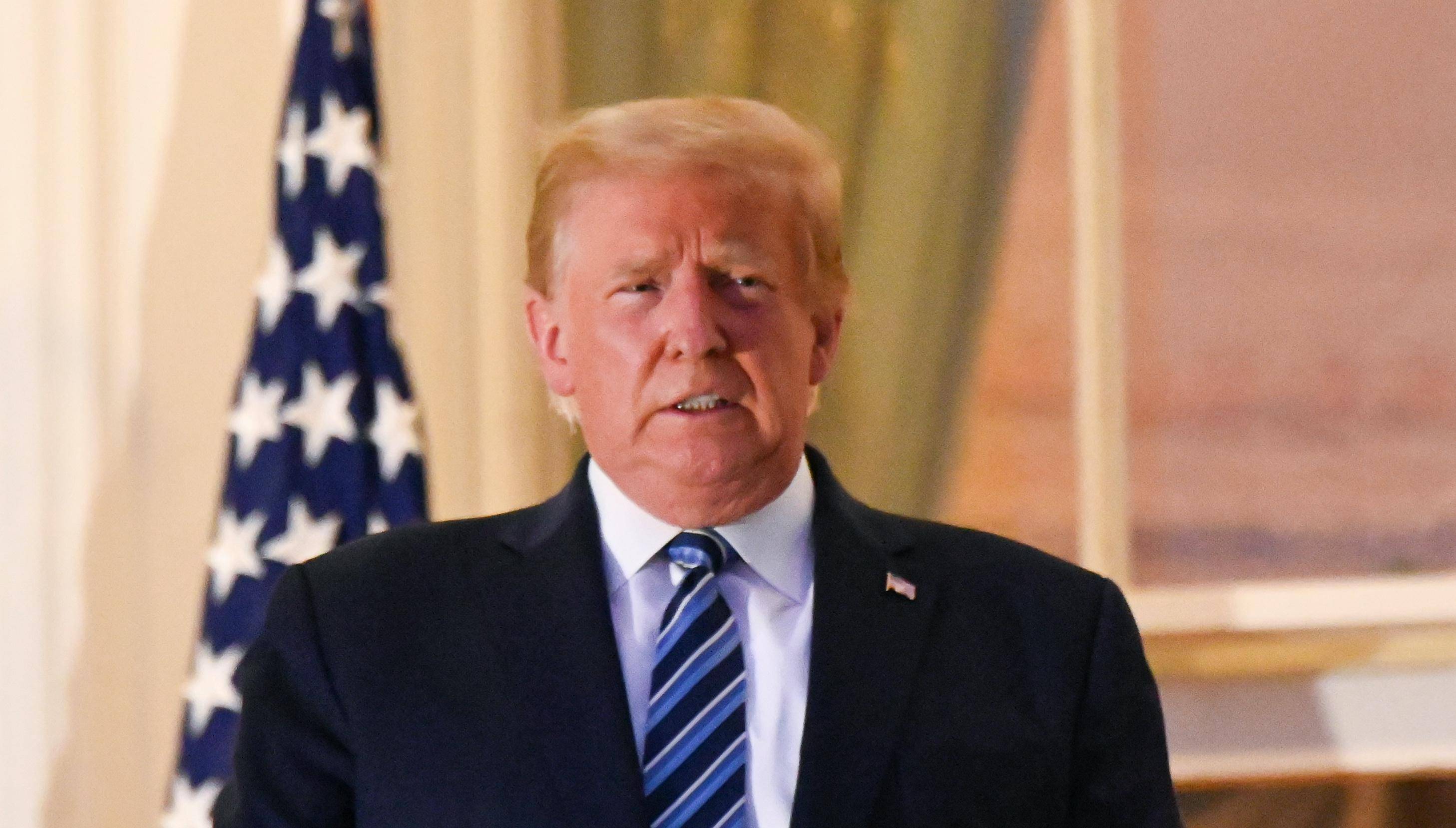Why Has the US, the World’s Largest Economic Power, Become a ‘Major Debtor’ to the United Nations? An Expert Explains
At the U.N. Administration and Budget Committee meeting held recently (Oct. 16), Guyana, Cuba and other countries expressed their concern about the shortfall in funding for the United Nations and criticized the U.S. for being in arrears with its contributions. Prior to this, U.N. Secretary General Antonio Guterres has repeatedly called on the U.S. to pay its arrears as soon as possible in order to tackle the U.N.'s growing financial crisis, but so far has not received “full payment” from the United States.
At present, the U.N.'s financial situation is becoming increasingly serious; the timely and full payment of contributions by member states is an important way to solve the U.N.’s financial shortfall. The United States, which has the largest arrears, has also been in arrears for a long time, which is the main reason for the U.N.’s financial difficulties. What, then is the impact of a severe funding shortfall on various U.N. operations?
Yang Xiyu, Research Fellow at the China Institute of International Studies, says: “All United Nations operations have a financial basis. In other words, there is no effective U.N. action without money. Therefore, the U.N.'s finances and its contributions have become a very important substantive basis for the effectiveness of U.N. operations. The fact that the arrears have now reached a huge level creates difficulties and barriers to U.N. action. Take peacekeeping operations, for example, which are very urgent tasks. If underfunded, the effectiveness of peacekeeping operations, including humanitarian disasters, and the difficulty of resolving conflicts will become more pronounced. Therefore, the current problem of the shortfall in contributions to the U.N. and the shortage of funds for U.N. operations is no longer a financial problem, but has spilled over into a major issue of international peace and security."
So the world’s largest economic power, the United States, has become the U.N.’s largest debtor nation and has been in arrears with its dues for a long time. What exactly is the U.S. trying to achieve?
Yang Xiyu: “The fact is that the root cause of U.S. arrears is not money. Even though the U.S. is running a huge deficit, and the U.S. owes the U.N. $1 billion, the United States spends over $700 billion a year on its military. This means that the dues it owes the U.N. are a fraction of its military expenditure. Therefore, for the United States, the world’s largest economic power, the U.N.'s annual membership fee is not an economic burden, and it isn’t something it can’t afford because of economic difficulties. From the U.S. point of view it isn’t a financial problem, it’s a political issue. In fact, it uses its status as a major contributor to the U.N. as a policy tool and lever to exert pressure on the U.N. to follow its lead and follow U.S. policy direction. This is the real reason why the United States is in arrears in its contributions to the U.N.”
Just as experts have said, the problem of the shortfall in the U.N.'s finances is no longer a financial one, but has spread to become a major issue of international peace and security. So how exactly should the United States be deterred from such arrears?
Yang Xiyu: “This kind of long-standing non-payment of contributions, trampling on the U.N.'s rules and regulations is in fact rapidly eroding the so-called soft power of the United States and eroding its international image and status. The United States, the world’s number one economic power and its only superpower, has done this kind of thing too often and for too long, causing it to suffer a loss of prestige, influence and standing in the international community. In the end, it is the United States’ own national interests that actually lose. So it is not coercion by the international community that can really restrict the United States; rather, it’s the damage to its national interests that will eventually force the U.S. to rethink and readjust its set of policies."
At the recent U.N. Administration and Budget Committee meeting, Dai Bing, China’s deputy permanent representative to the U.N., said that China, as the second-largest contributor to the U.N., to its peacekeeping operations and as a responsible developing country, had paid its assessed contributions in full this year, despite the huge economic and financial pressures brought about by the COVID-19 pandemic. China calls on all member states, especially those with the ability to pay, to pay their assessed contributions on time, in full and without conditions.


